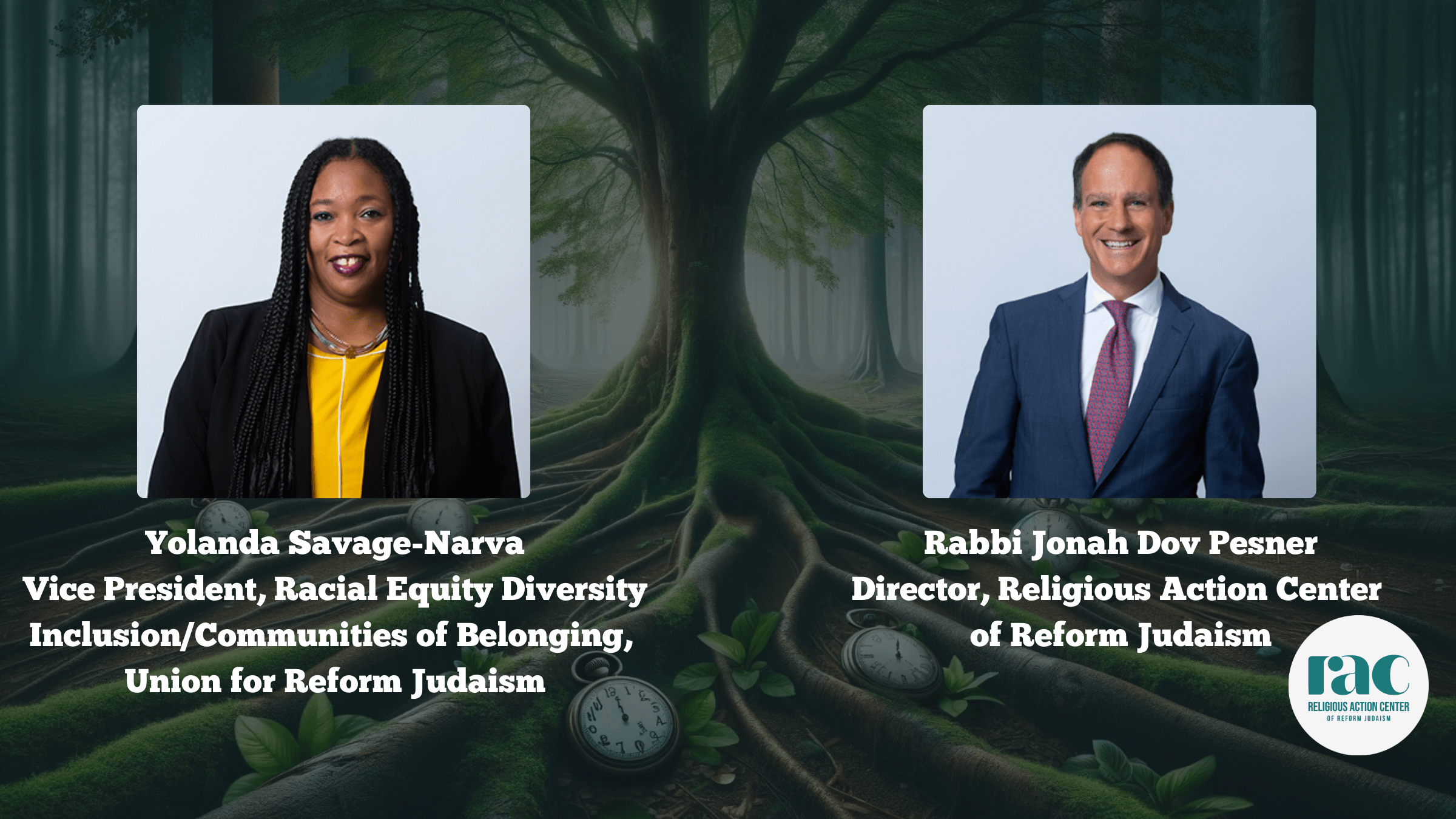Antisemitism is on the Rise. Blaming DEI (Diversity, Equity, and Inclusion) Only Perpetuates It
Despite the importance of DEI initiatives to the Jewish community’s own security and well-being, there are those within our community who wrongly advocate for an end to DEI.

The Israel-Hamas war, like so many wars before it, has upended society’s harmony. In the United States, incidents of antisemitism have skyrocketed. Students on college campuses and in our K-12 educational institutions continue to report threats, intimidation, and bullying, and many question their physical safety within their educational environments. As Jews, Americans, and people of moral conscience, this is untenable.
We are deeply disturbed that those who are fanning the flames of division are too often pointing their fingers at Diversity, Education, and Inclusion (DEI) initiatives, claiming that DEI is to blame for our troubles. In fact, this battle against DEI breeds further racism and, yes, antisemitism in our communities.
Generally used as a catch-all term, the fundamental goal of DEI efforts is to create a culture that is diverse and welcoming to people of all ages, races, religions, genders, sexual orientations, dis/abilities, socio-economic backgrounds, and any systemically marginalized group. Those who advance DEI, whether in the workplace or on college campuses, aim to create an environment where people feel — and do! — belong and can feel brave, openly expressing who they are.
The implementation of DEI work has been steadily under attack, often targeted by those who seek to win political advantage by leveraging “wedge issues.” Nationally and in states and cities across the country, there are countless attempts to undo affirmative action, for example. In 2023, the U.S. Supreme Court even banned colleges from using race-based affirmative action in admissions decisions. In Florida and Texas respectively, Governors DeSantis and Abbott have weaponized their attacks against what they term the “woke” agenda to justify the elimination of educational materials about the Holocaust, enslavement, and gender identity. DEI programs have spurred so much conservative backlash that over forty bills in 22 state legislatures have been introduced to ban DEI work in state university systems and K–12 schools. In Texas, North Dakota and Florida, DEI bans have been passed into law, and nearly a dozen other states are considering similar initiatives.
Despite the importance of DEI initiatives to the Jewish community’s own security and well-being, there are those within our community who wrongly advocate for an end to DEI. From business and tech leaders to public advocates and intellectuals, these individuals have used their Judaism as the stick in which to beat DEI programs. Through news appearances and in editorial op-eds, they have spread fear that DEI programs are the root cause of our nation’s growing divisiveness, and Jews and other targeted groups will pay the price.
We also recognize that some have perpetuated divisions in the name of DEI — dividing the world into false binaries and creating fake distinctions that feed antisemitic tropes of “Jewish power.” Those that do so are allowing hatred to flourish, and are not fostering communities of belonging imagined by true DEI practitioners.
Attempts to dismantle and distort DEI are a threat to all people, and most immediately to those with marginalized identities, including Jews. In fact, the goal of DEI work is to overcome hate and discrimination, two societal ills we can only confront when we recognize how they are weaponized, their historical origins, and who benefits from them. For example, we champion Holocaust education as an indispensable tool to fight antisemitism to teach about the past and the horrors that result from Jew hatred. We then use those lessons to identify how antisemitism shows up in our current day-to-day reality. The same approach is used in DEI to educate our children about enslavement of African peoples and the racial injustices that have continued even since the end of the Civil War, as well as other forms of race-based hatred, hatred targeting the LGBTQ+ community, those with disabilities and others. Preventing our children from learning the truths and the consequences of our past only weakens their ability to tackle the challenges and conflicts of the future.
As we continue to fight against the latest and dangerous surge of antisemitism while simultaneously building an inclusive society for all, we must be careful that we do not end up aiding those who are advocating our continued exclusion. Let us lift up a world of diversity, equity, and inclusion in which all God’s children belong.
“Moving Through the Wilderness: Recommitting to Equity After 10/7” is a collection of brief essays born out of Elevate: An Executive Leadership Equity Accelerator. Elevate launched in May 2023 and its first cohort consisted of eleven CEOs of influential Jewish institutions, who are committed to the Jewish value and responsibility of equity within our community. The idea for this project emerged in Montgomery, Alabama during one of Elevate’s in-person convenings in early 2024. To learn more about Elevate and the program’s co-founders and leaders, Gamal J. Palmer and Catherine Bell, click here.
Moving Through the Wilderness is presented in partnership with the Forward, the leading voice in Jewish journalism. Read more essays in the collection.












